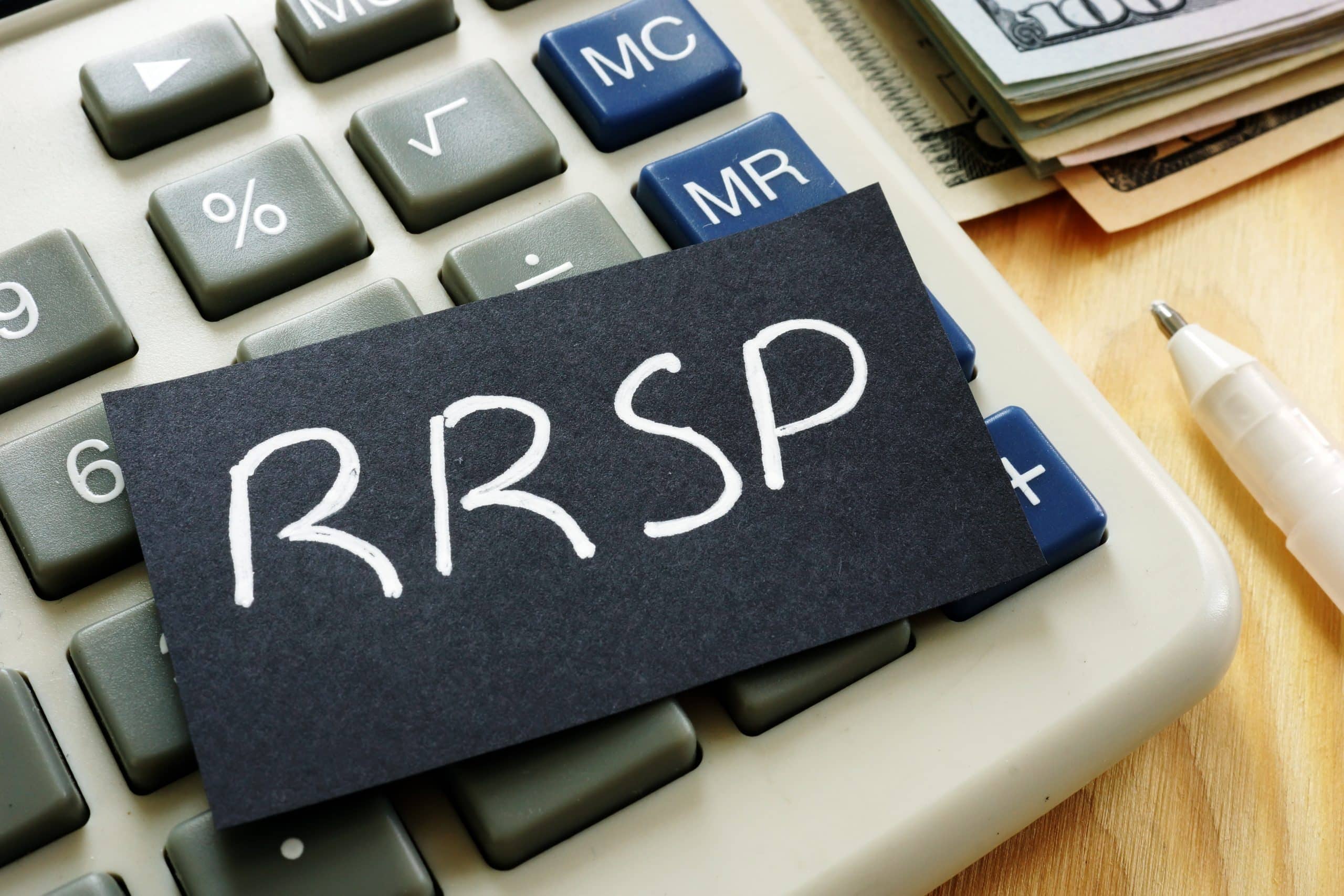Many homeowners often consider using their RRSP to purchase an investment property, but there are many factors to consider before financing a future property with your RRSP. Let’s discuss the basics and implications of using your RRSP to invest, as well as how you can secure better financing.
How to Use Your RRSP to Invest in Property
The registered retirement savings plan (RRSP) is a type of financial account, designed by the Canadian Government, for the purpose of holding savings and investment assets. This includes “qualified investments,” such as cash, GICs, and stocks.
So, for the question you’ve been waiting to answer: Should you use your RRSP to invest in property?
Real estate can be a great investment, but you are not allowed to hold real estate within an RRSP. That being said, if you wanted to buy an investment property and needed cash, the Government does allow you to withdraw from your RRSP — this would mean selling the qualified assets held in your account. However, you would be required to pay taxes on the amount you withdraw, even if you were already retired.
Despite being allowed to sell the assets held in your RRSP, in addition to the taxes you would have to pay for withdrawing the cash, there are other financial consequences you should be aware of as well as alternative options available to homeowners that are still looking for ways to help finance their investments.
Understanding the Disadvantages of Using Your RRSP to Invest in Property
The primary risks associated with cashing out funds from your RRSP are the withdrawal taxes and the future financial implications that you become exposed to. These risks are often enough to deter homeowners from considering withdrawing from their RRSPs for financial endeavours, such as a down payment on an investment property. Let’s briefly explore these risks:
- Withdrawal taxes
Because withdrawals from your RRSP are taxed as ordinary income, if you are generating income from additional sources (such as your job), you may run the risk of being pushed into a much higher tax bracket when withdrawing from your RRSP and could potentially result in being left with a smaller down payment than you expected.
- Future Financial Implications
There are also general risks involved by withdrawing from your RRSP. The most common opportunity costs is missing out on growth opportunities from the stock market, if you were to liquidate the stocks held in your RRSP. Moreover, if you’re thinking the investment in real estate (made with the funds withdrawn from your RRSP) could help offset some of these losses, remember, you will also be taxed on any additional property income you make, assuming this investment property is not your primary residence.
Fortunately for homeowners, there are more secure ways to invest in real estate, without having to expose yourself to all of these risks.
Alternatives to Using Your RRSP to Invest in Real Estate
When it comes to investing in real estate, there are two alternative to withdrawing from your RRSP that stand out:
Real Estate Investment Trusts: Real estate investment trusts (REITs) are similar to stocks and allow you to securely invest in commercial and residential properties. The advantage of doing so is the lack of need for large amounts of equity, as you determine the amount of money that you want to invest into any given REIT. You can also reap the benefits of tax-free growth and dividends when you hold your REITs directly within your RRSP!
Taking Advantage of Your Home Equity
Tapping into your existing home equity and applying for a home equity loan can provide you with the funding you need to invest in property, without having to worry about the risks associated with liquidating your RRSP!
A home equity loan take’s the current value of your home and subtracts any outstanding balances you may have on your mortgage. The resulting number represents the equity you have in your home. Specialized lenders, such as Leap Financial, use this number to help assess how much capital you would be eligible for!
Home equity loans are one of the best ways to help finance a down payment for a future property. Unlike taking out a loan from a traditional bank, homeowners typically choose to apply for a home equity loan with a specialized lender because of the easy application and approval process, as well as the significantly lower interest rates and term payment flexibility!
For more information on home equity loans and how you can take advantage of the home equity in your house, be sure to check out our other articles! Or if you’re ready to discover how much you would qualify for with a home equity loan, take the leap and fill out our cost-free zero-obligation form, today!


